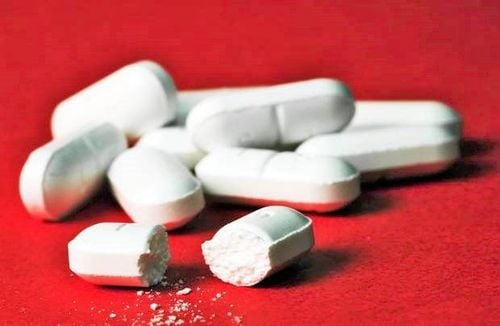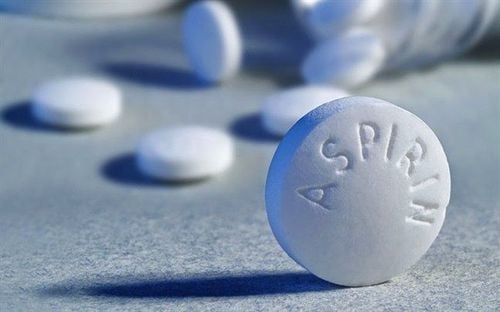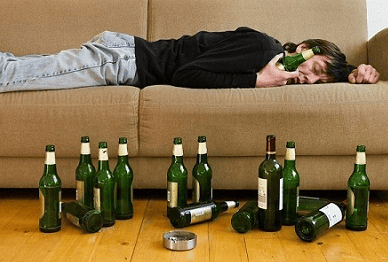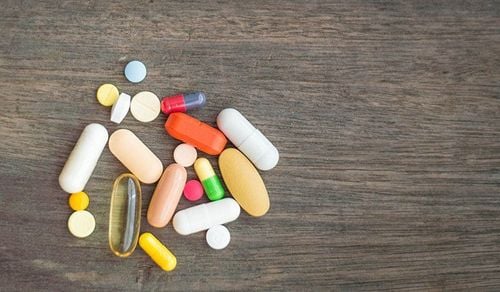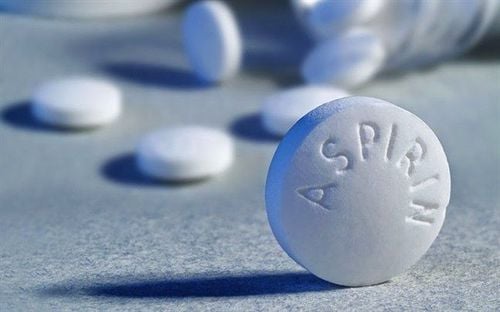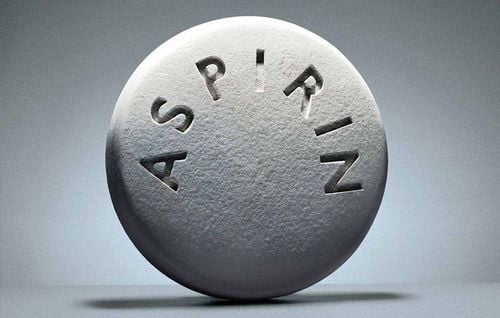This is an automatically translated article.
For most people, a night of drinking can lead to excruciating pain the next morning and the dreaded aftermath of a hangover. So what to do if you feel nauseous?
1. What is a hangover?
The jittery hangover refers to a range of symptoms that occur as a result of drinking too much alcohol. Typical symptoms of this condition include fatigue, thirst, weakness, headache, dizziness, muscle aches, nausea, stomach pain, sensitivity to light and sound, anxiety, irritability , sweating and increased blood pressure . The feeling of hangover can vary from person to person.
2. What causes a hangover?
Alcohol is a major cause of hangovers, but other ingredients in alcoholic beverages can also contribute to hangover symptoms or make your hangover worse worse.
Anabolics: Compounds produced during fermentation, excluding ethyl alcohol. These substances contribute to the taste and smell of alcoholic beverages. Darker drinks, such as bourbon, tend to contain higher levels of anabolics than lighter drinks. These substances may worsen hangover symptoms in some people. Sulfites: These are compounds added to wine as a preservative. People who are sensitive to this substance may experience headaches after drinking wine. Several factors can contribute to a feeling of restlessness:
Mild dehydration: Alcohol prevents the release of vasopressin, a hormone produced by the brain that sends signals to the kidneys to make them retain water. . As a result, when you drink alcohol, you pee and lose more water. Mild dehydration leads to hangover symptoms such as thirst, fatigue, and headaches. Disrupted sleep: Most people can fall asleep faster after drinking alcohol, but your sleep will be disrupted and you tend to wake up earlier. This contributes to fatigue, as well as reduced productivity the next day. Gastrointestinal irritation: Alcohol directly irritates the stomach lining and increases acid secretion. This can lead to nausea and upset stomach. Inflammation: Alcohol increases inflammation in the body. Inflammation contributes to the uncomfortable feeling you feel when you're sick, so it can also play a role in causing that jittery hangover.
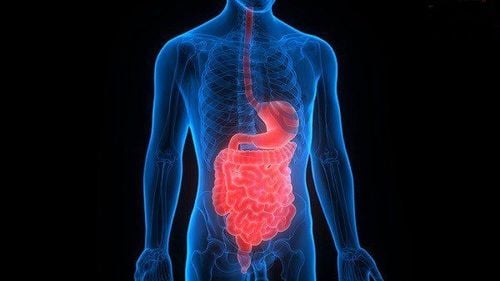
Kích ứng đường tiêu hóa có thể khiến người bệnh gặp tình trạng nôn nao
Exposure to acetaldehyde: Alcohol metabolism mainly takes place in the liver. This process produces the compound acetaldehyde, which is a toxic, short-lived byproduct that contributes to hepatitis, pancreatitis, encephalitis, inflammation of the digestive tract and other organs. Alcohol withdrawal syndrome: While drinking, you may feel calmer, more relaxed, and even feel euphoric, but your brain quickly adapts to those positive effects when trying to stop drinking. Try to maintain the balance of the body. As a result, when the excitement wears off, you may feel more jittery and anxious than before you drank. Because everyone's body reacts differently, it's difficult to predict how much alcohol will cause a hangover. Anytime you get drunk, there's a chance you'll have a hangover the next day.
Hangover symptoms will peak when your blood alcohol level returns to zero. These symptoms may last for 24 hours or longer.
3. Is it okay to feel hungover?
A hangover can be both painful and dangerous. During a hangover, your attention, decision-making, and muscle coordination can all be impaired compared to normal. In addition, the ability to perform important tasks such as operating machinery, driving, or taking care of others may be negatively affected.
Common myths about hangovers:
Mistakes that certain actions can help you get rid of a hangover. For example, some people claim that drinking coffee or taking a bath can prevent or cure a hangover. That's not true, the only way to completely avoid a hangover is to not drink alcohol or to drink to a minimum. There's no cure for a restless hangover other than time. Misconceptions about the order of drinks affect the feeling of hangover, as many people believe that drinking beer before alcohol, never gets sick. The truth is not, the more alcohol you drink, the worse the hangover will be. This is true regardless of whether a person drinks beer, wine, distilled spirits or a combination of these beverages. Another myth is that having an alcoholic drink in the morning after a night of drinking will help you avoid feeling hungover, this is a habit known as “remove poison”. But that's not the case, although doing this may temporarily relieve some hangover symptoms, it can contribute to prolonging the discomfort and other symptoms of a hangover. .
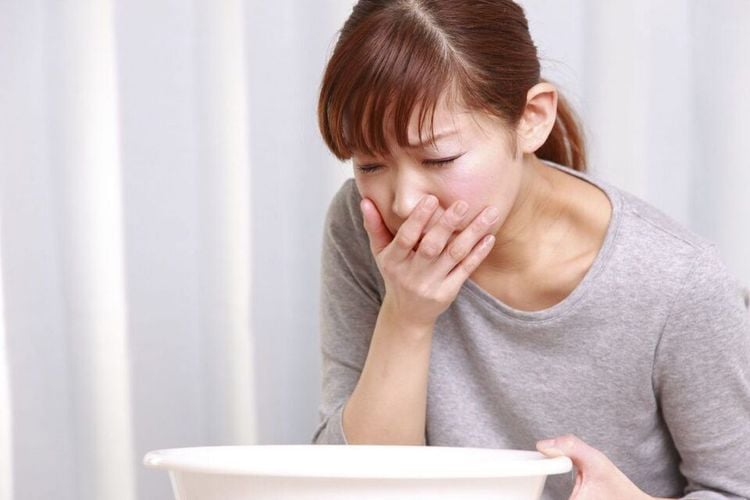
Nôn nao có thể báo hiệu một số bệnh lý nguy hiểm cho người mắc
4. What remedy helps to overcome the feeling of hangover?
Although there are many hangover remedies mentioned online and on social media, none have been scientifically proven to work. There is no magic potion to beat hangovers, but only time can help you in this condition.
You need to wait for the body to finish removing the toxic byproducts from alcohol metabolism, to rehydrate, heal irritated tissues and restore immune and brain activity to normal. . There is no way to speed up the brain's recovery from alcohol use.
Some people use an over-the-counter pain reliever (usually acetaminophen) before bed to minimize hangovers. It is important for you to know that the combination of alcohol and acetaminophen can be toxic to your liver.
Like alcohol, some over-the-counter pain relievers, such as aspirin and ibuprofen, can increase acid release and irritate the stomach lining. You need to be careful when using these drugs before and after drinking alcohol.
For some relief from hangover symptoms, some people turn to electrolyte-rich sports drinks or other products. One person even uses intravenous therapy, in an attempt to treat electrolyte imbalances caused by increased urination and dehydration caused by alcohol consumption.
Research has found no correlation between the degree of electrolyte disruption and the severity of the hangover. And no effect of additional electrolytes was found on the severity of the hangover either. For most people, the body will quickly restore electrolyte balance once the effects of alcohol begin to subside. The only effective remedy for a hangover is to avoid getting drunk by drinking alcohol in moderation or not drinking at all.
Please dial HOTLINE for more information or register for an appointment HERE. Download MyVinmec app to make appointments faster and to manage your bookings easily.




